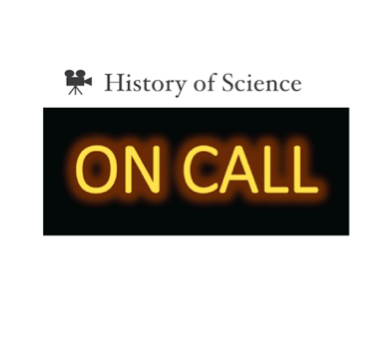Contact Us
If you have suggestions or comments about this project, or would like to contribute, please email Stephanie Hood and Lisa Onaga.
In response to the Covid-19 outbreak, the MPIWG's new History of Science ON CALLproject aggregates and amplifies two streams of information—Research and Education—relevant to crises, including chronic disasters. The Research stream consists of short-format video interviews, while the Education stream seeks to aggregate and introduce known resources and materials—scholarship and teaching tools—in order to amplify their reach.
Knowledge is one of the most important resources for people to deal with crises
While virologists and epidemiologists study the virus and advise us on how to deal with the new reality of social distancing, disciplines such as history, sociology, and anthropology help to put the things that are happening around us in perspective: what does quarantine mean, what epidemics have occurred in the past, and what instruments to fight them do we have at hand? One also needs a keen eye for the basics: what is a fact, how is data collected, what conclusions are drawn? Once this is clear we can delve into additional questions such as: how did various systems of governance, whether local or intergovernmental, arise that underwrote pandemic-scale disasters and responses? How are emotions used and exploited in times of crisis?
The humanities are mobilizing
The virus may close borders, but the humanities are mobilizing forces to cooperate internationally, to provide information across political systems and to work closely together despite social distancing. The MPIWG has developed a portal that offers 3–5-minute video contributions from scholars who present their latest research on these and emerging topics, and serves as a clearinghouse for educational contributions that can be implemented asynchronously. Together, these bring to the fore various insights into the state of international cooperation and academic work in times of crisis.